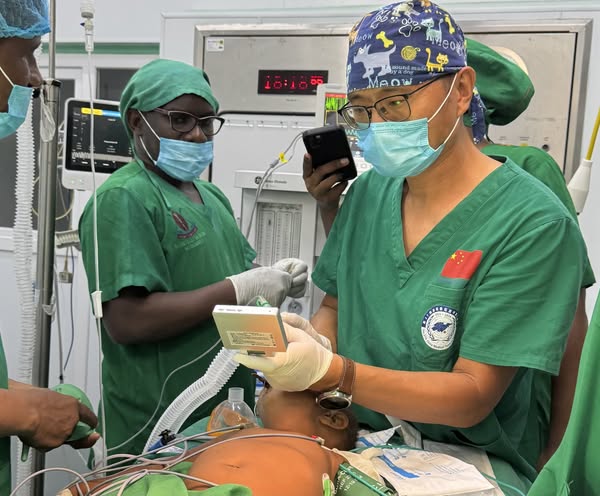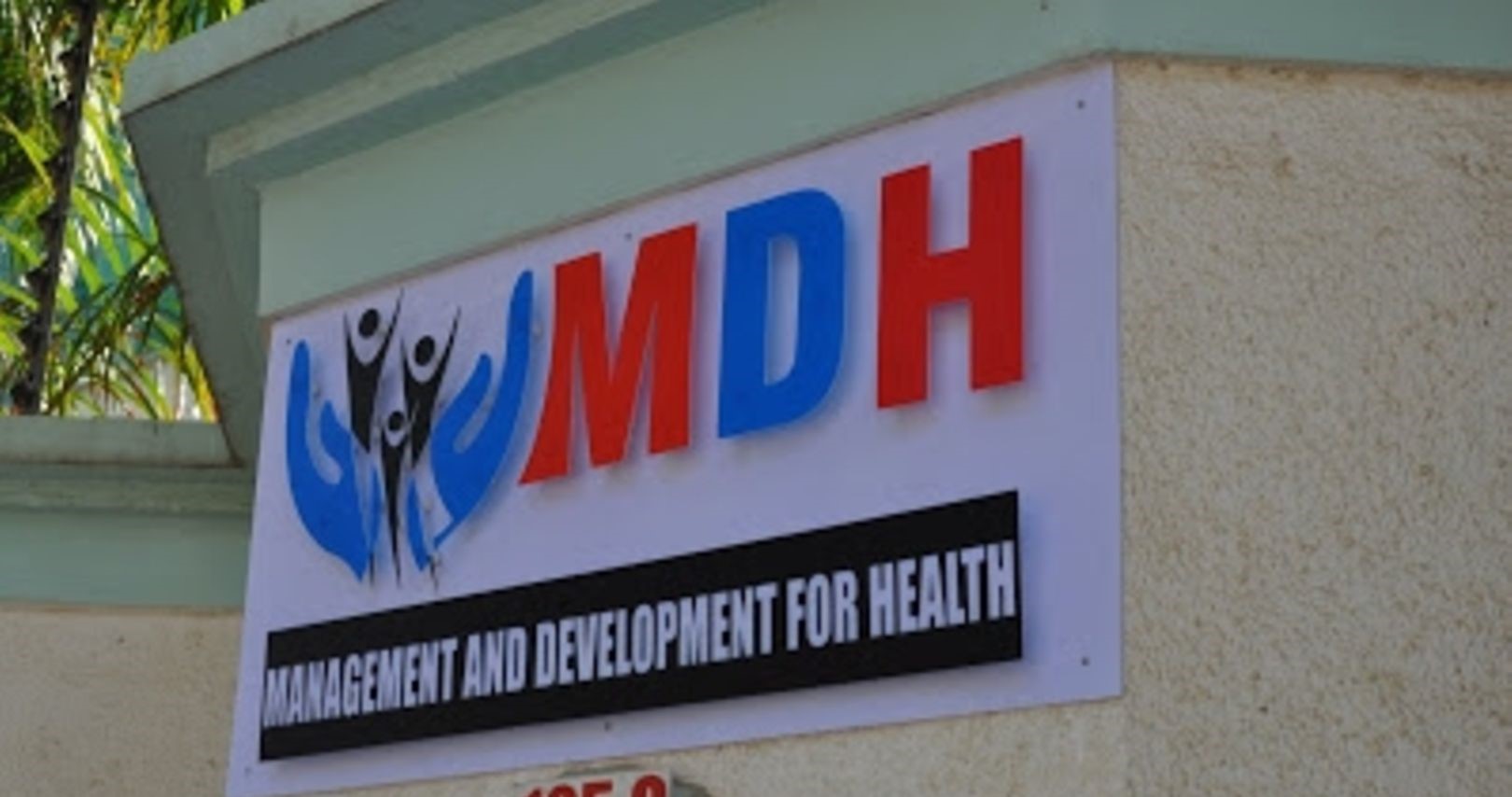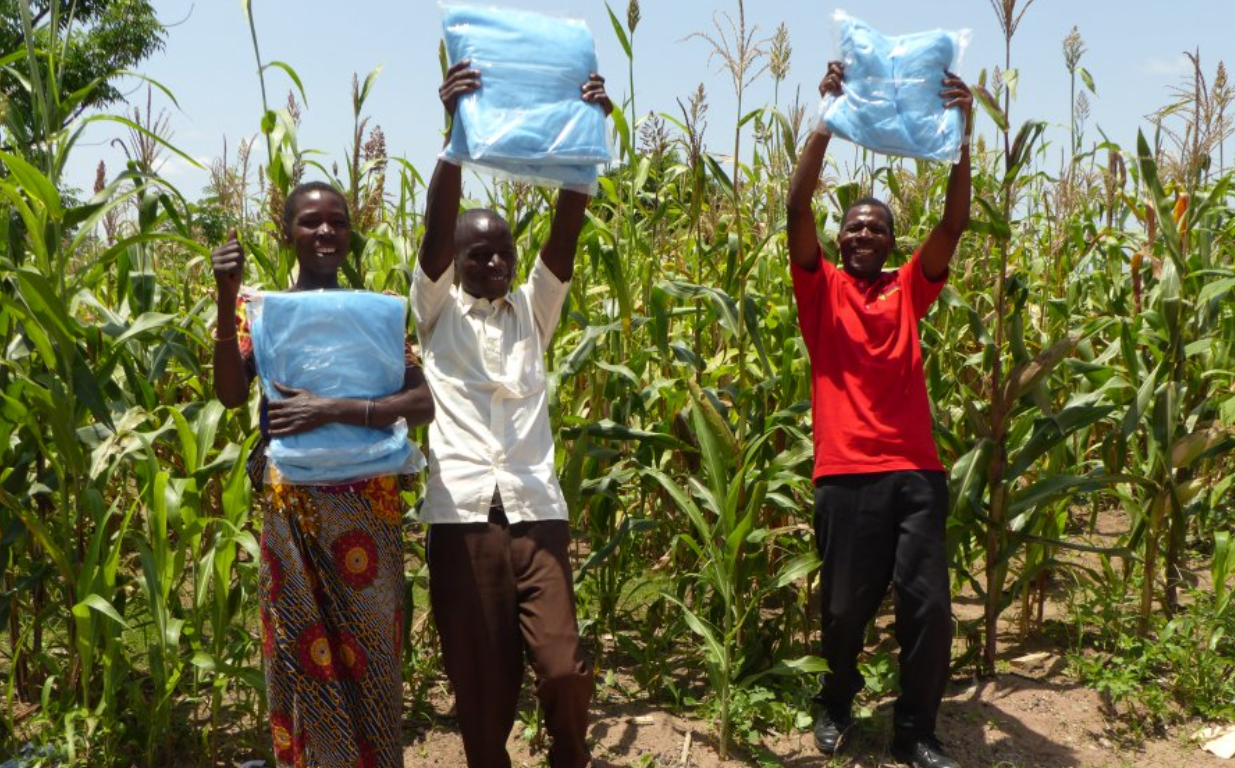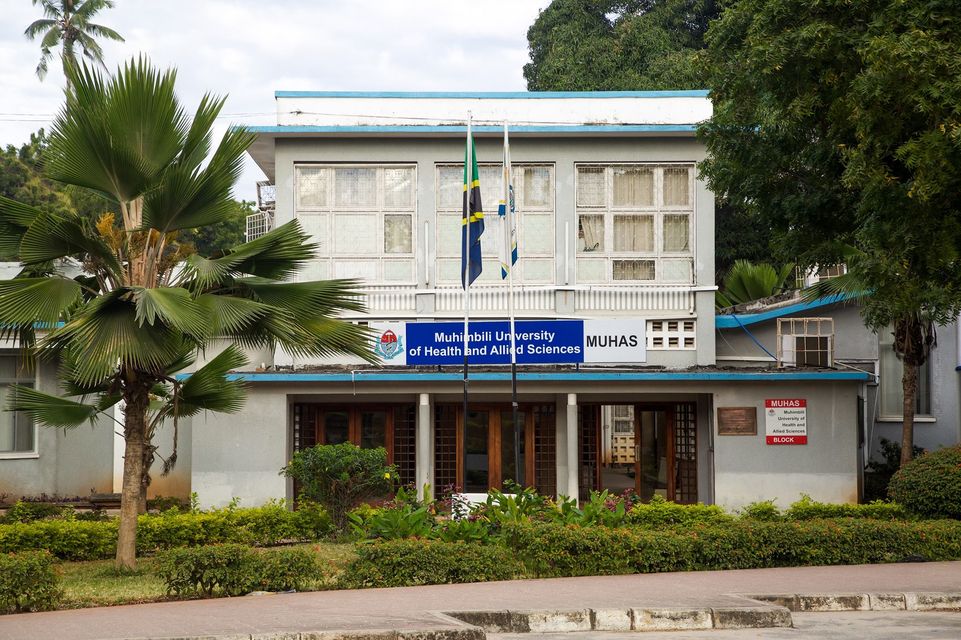An innovative bed net that immobilises mosquitoes by making them unable to move or fly could reduce malaria infection in children significantly, says a trial study done in Tanzanian communities.
The mosquito dies from starvation or being unable to fend for itself, according to scientists who have been working on the trial. Other insecticides usually kill mosquitoes by poisoning the nervous system.
The study, which boosts innovation in tackling malaria was conducted by scientists from the London School of Hygiene and Tropical Medicine (LSHTM), National Institute for Medical Research, Kilimanjaro Christian Medical University College in Tanzania, and the University of Ottawa, Canada.
The malaria burden remains unacceptably high, mainly in Sub-Saharan Africa and is one of the leading causes of death in Tanzania.
“We urgently need new interventions to get control efforts back on track and protect young people from this deadly disease,” said the study’s main author Dr Jacklin Mosha, a senior research scientist at the National Institute for Medical Research in Tanzania.
“These exciting results highlight that we have another effective tool to help control malaria,” she explained.
For the past decade, insecticide-treated mosquito nets have been the main form of malaria prevention in Sub-Saharan Africa, and the most effective, according World Health Organisation.
However, there is growing resistance to pyrethroids — the insecticide usually used to impregnate bed nets in malaria vectors, which now threatens the gains made from this intervention.
Dr Mosha says, “Our study shows that for the first time in over 40 years, another class of insecticide [chlorfenapyr] is safe to use on bed nets and more effective to prevent malaria, and halves malaria cases compared to current standard practice which is the pyrethroid insecticide mosquito nets.”
The researchers enrolled 4,500 children aged six months to 14 years and divided them into four groups, with three groups receiving one of three new types of bed net and one group receiving standard mosquito nets. The children were then tested for malaria at the end of each rainy season.
“After 24 months, malaria infection was reduced by 37 per cent in children that received the chlorfenapyr insecticide nets compared to those receiving the standard pyrethroid nets,” Mosha said.
Professor Mark Rowland, from LSHTM, explained: “When it comes to resistance to standard nets we were running out of options, but chlorfenapyr has come to the rescue. Although it may appear this has happened overnight, in reality there were twists and turns over many years to show how the new class of insecticide truly works ,to develop improved formulations to confirm effectiveness and safety on nets, and finally to demonstrate control of malaria in large scale trials.”
Reference Jacklin F Mosha*, Manisha A Kulkarni*, Eliud Lukole, Nancy S Matowo, Catherine Pitt, Louisa A Messenger, Elizabeth Mallya, Mohamed Jumanne, Tatu Aziz, Robert Kaaya, Boniface A Shirima, Gladness Isaya, Monica Taljaard, Jacklin Martin, Ramadhan Hashim, Charles Thickstun, Alphaxard Manjurano, Immo Kleinschmidt, Franklin W Mosha, Mark Rowland, Natacha Protopopoff. Effectiveness and cost-effectiveness against malaria of three types of dual-active-ingredient long-lasting insecticidal nets (LLINs) compared with pyrethroid-only LLINs in Tanzania: a four-arm, cluster-randomised trial. The Lancet.







